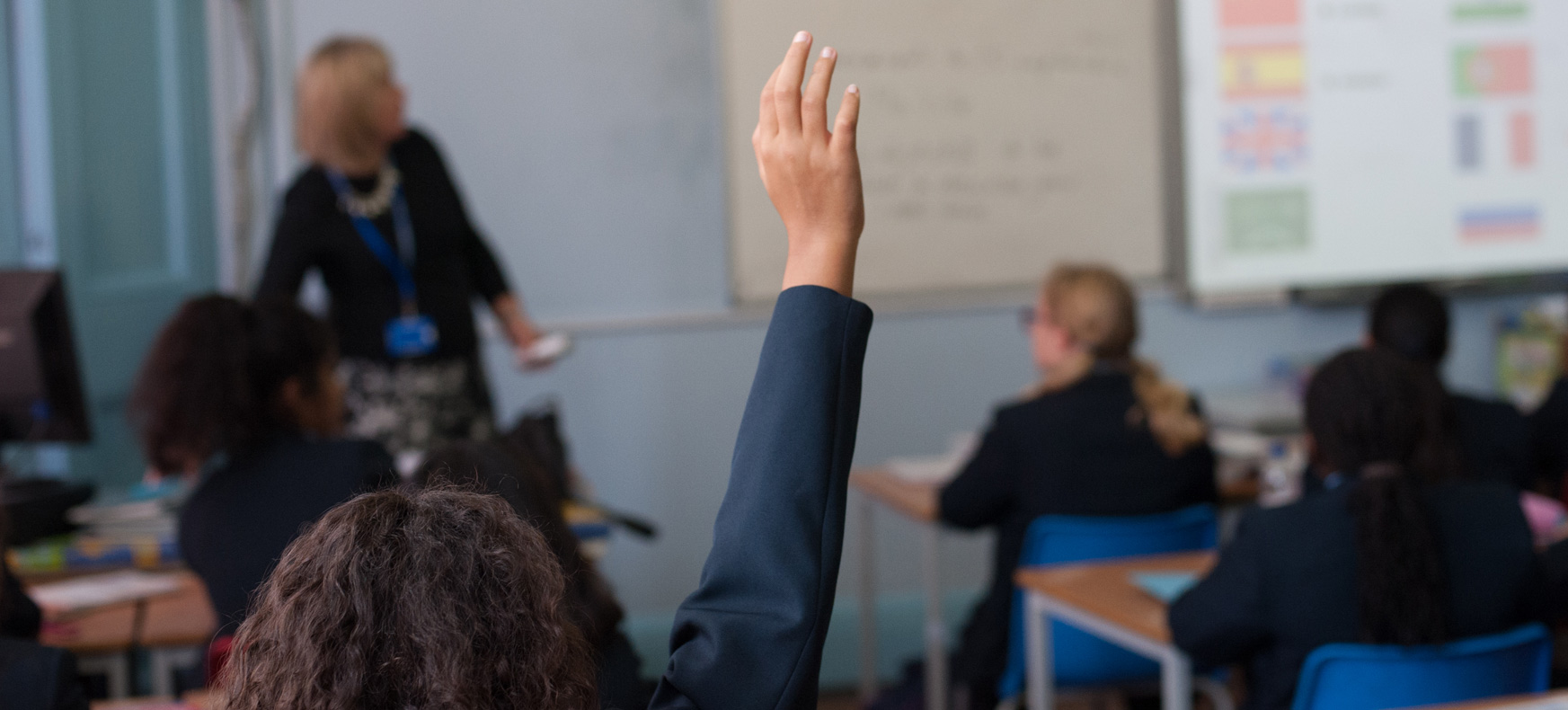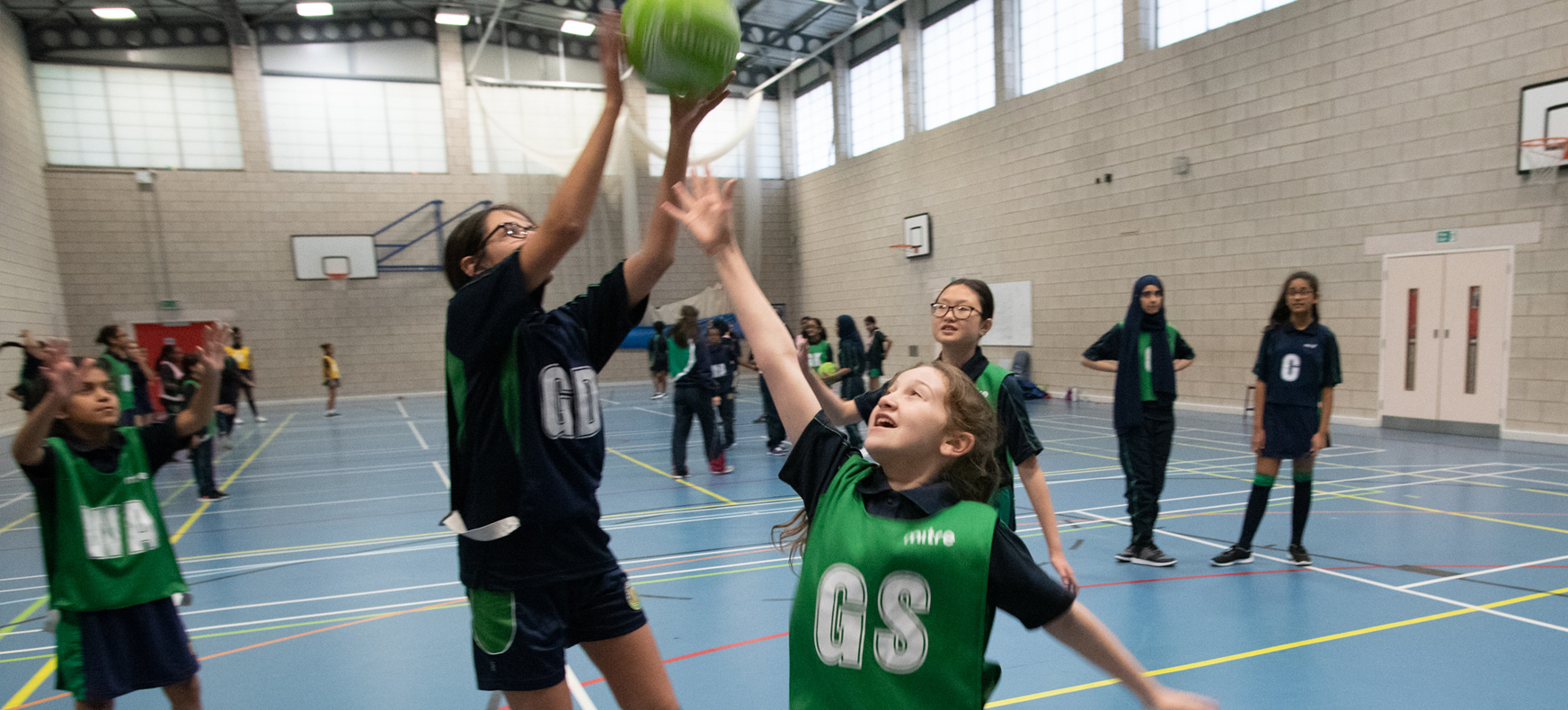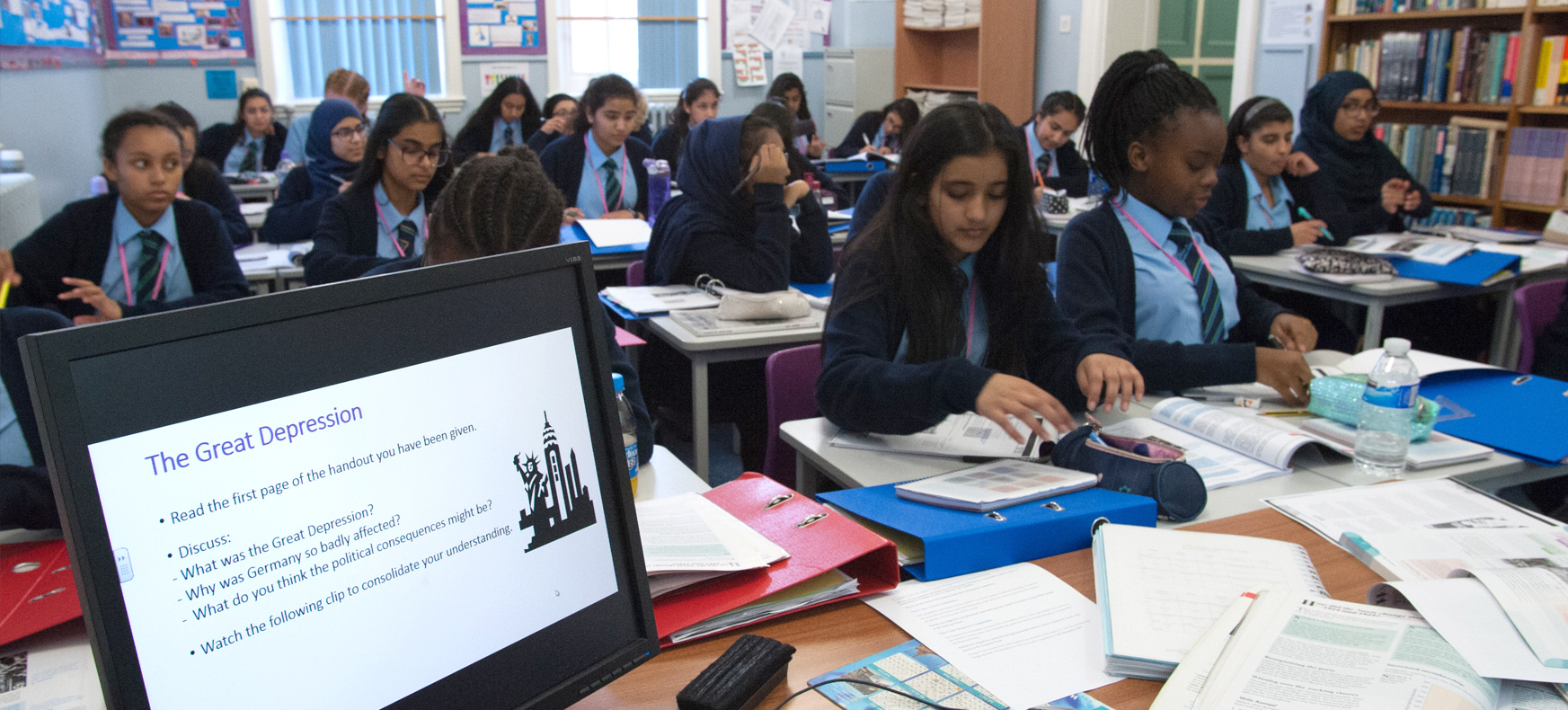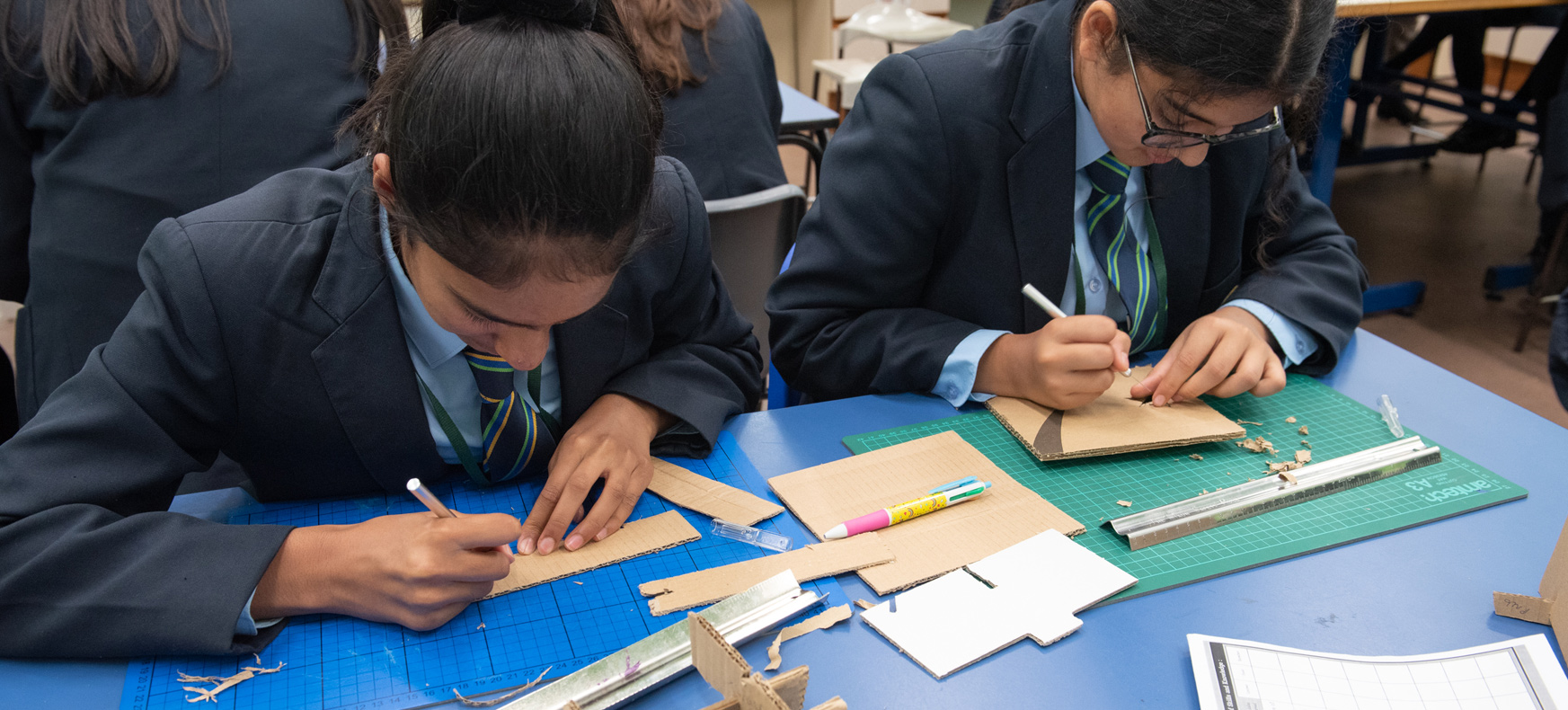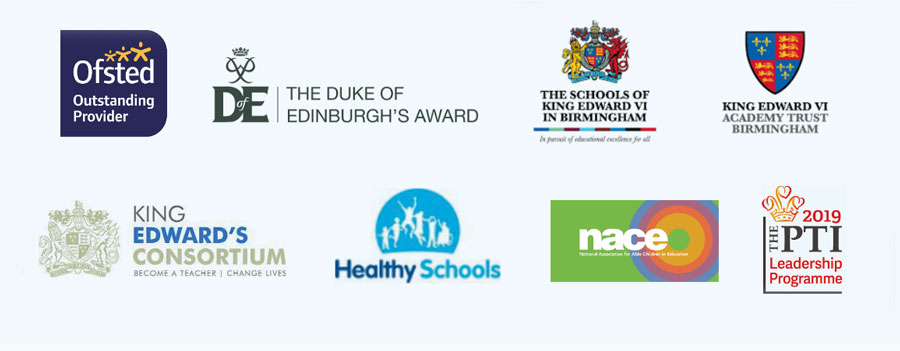The Curriculum
As a school we offer a broad and balanced curriculum where academic rigor is valued and enjoyed. Whilst we want our students to achieve high academic success, we also believe that there is much more to education and learning than just examination results. We have a commitment to providing a vast range of opportunities and enriching experiences through which students can develop their passion for learning. Discussion, debate and critical thinking form a key part of school life, students are encouraged to express their own ideas, ask questions and seek out answers for themselves. It is this curiosity and independence of mind that, we believe, will prepare them for life beyond King Edward VI Handsworth School.
Each subject area has its own page on the website for you to explore. These subject pages also contain Curriculum Maps for each year group which give a general outline of what is being studied each term. Their purpose is to help parents support their child more effectively and enable an open dialogue about learning. Each department has made suggestions for activities that will further support learning in their subject ‘outside the curriculum’.
Key Stage 3
All students in Years 7-9 study Art, Biology, Chemistry, Computer Science, Technology, English, French, German , Geography, History, Maths, Music, Physical Education, Physics and Religious Education. Students are assessed against our own carefully devised assessment scheme. In Year 9 the compulsory subjects of English, Mathematics and the three sciences start the GCSE courses and assess using GCSE grades 9 – 1.
Key Stage 4
GCSE options are made in the Spring Term of Year 9 and an Information Evening is held for students and parents every January. Students are provided with advice and guidance throughout the GCSE option process. In Years 10 and 11 all students study English Language, English Literature, Mathematics, Biology, Chemistry and Physics. In addition they have a statutory requirement to continue non-examination classes in PSHCE, General RS and Physical Education. There are collapsed timetable days for Year 10 focused on General RS issues, followed by another when they reach Year 11.
Students will then choose; one Modern Foreign Language French or German and one humanity from Geography, History and Religious Students. Students are then able to make a further three choices from another language, the remaining humanity subjects, Art, Computer Science, Drama, Food Preparation and Nutrition, Music, Design and Technology, PE.
The Sixth Form
The vast majority of our students choose to remain at Handsworth to continue their students to A Level. Our options system is flexible to allow students to study those subjects about which they are passionate. Alongside those subjects offered at GCSE, Economics, Further Mathematics, Government and Politics and Psychology can all be studied at A Level. Students choose 3 A Level subjects to commit to over the two years of study. In addition, the majority of students complete the Extended Project Qualification, allowing them to pursue an individual area of interest. Students also have lessons in PSHCE. Our enrichment programme offers Sixth Form students the opportunity to engage in volunteering and work experience placements.
PSHCE and Sex Education
One period per fortnight is set aside at Key Stage 3 with a further two periods set aside in Key Stage 4 for the delivery of PSHCE. Physical, Social, Health, Careers Education (PSHCE) is not an isolated curriculum area. It has a symbiotic relationship with all areas of School life including subject areas, pastoral concerns, social and economic factors and media exposure. To be successful it needs to be embedded in all subjects so students can make connections with the world around us to aid their personal development. This underpins cross-curricular threads and breaks barriers or stereotypes, and creates opportunities for students to view learning as something other than subjects delivered in boxed time slots during a school day but as an evolving part of everyday life. There is also a nationwide safeguarding requirement to cover specific subjects. The curriculum provides an opportunity for pupils to understand real issues that contribute to their health, wellbeing, resilience and independence.
Our overall aims;
- To provide a firm understanding of real issues that contribute to the health and wellbeing of young people
- To educate students with the knowledge of what is acceptable in our society and giving them the knowledge to keep themselves and others safe
- To encourage students to gain independence and take responsibility for the care and wellbeing of themselves and those close to them
- To prepare our girls for their future in a variety of roles such as; parents, valuable citizens, employees and leaders
- To foster a love of learning that extends lessons and encourages pupils to make a difference within the local community surrounding issues they see as important
- To enhance understanding of subjects and concerns that may be labelled as a challenging topic with an aim to educate and make a difference. Our students will be given facts and encouraged to make independent decisions.
Parent Engagement
Throughout your daughter’s time at King Edward VI Handsworth School for Girls you will be invited into school to discuss her academic progress at annual Parent’s Evenings, but also for key information events, as well as celebrations and performances. These are all equally important ways for you to be involved in your daughter’s all-round education.
It all starts with the Year 7 Welcome Evenings in April, where new students due to join us in September are invited into school for the first time. This followed by two Year 7 induction evenings in the Autumn Term. At key points for throughout our students’ academic careers we run information evenings, including opportunities to hear more about the transition to post 16 and post 18 education.
The school utilises technology to keep parents informed through email, text and online systems. This includes online access to reports and assessment information throughout the academic year.
Opportunities to feedback to school include surveys and focus groups as and when appropriate.

